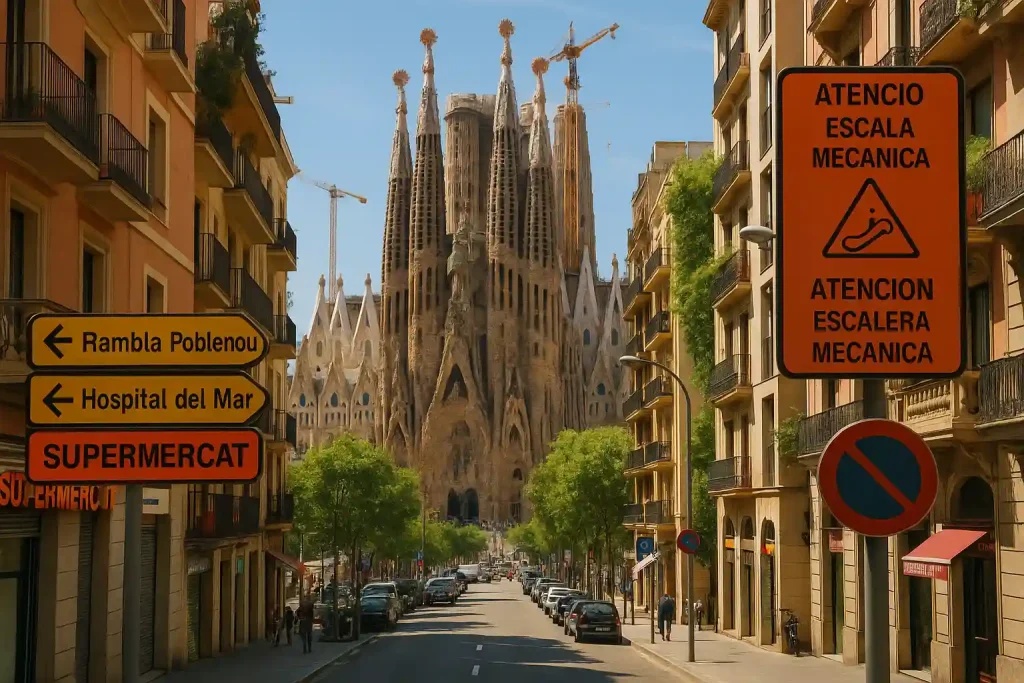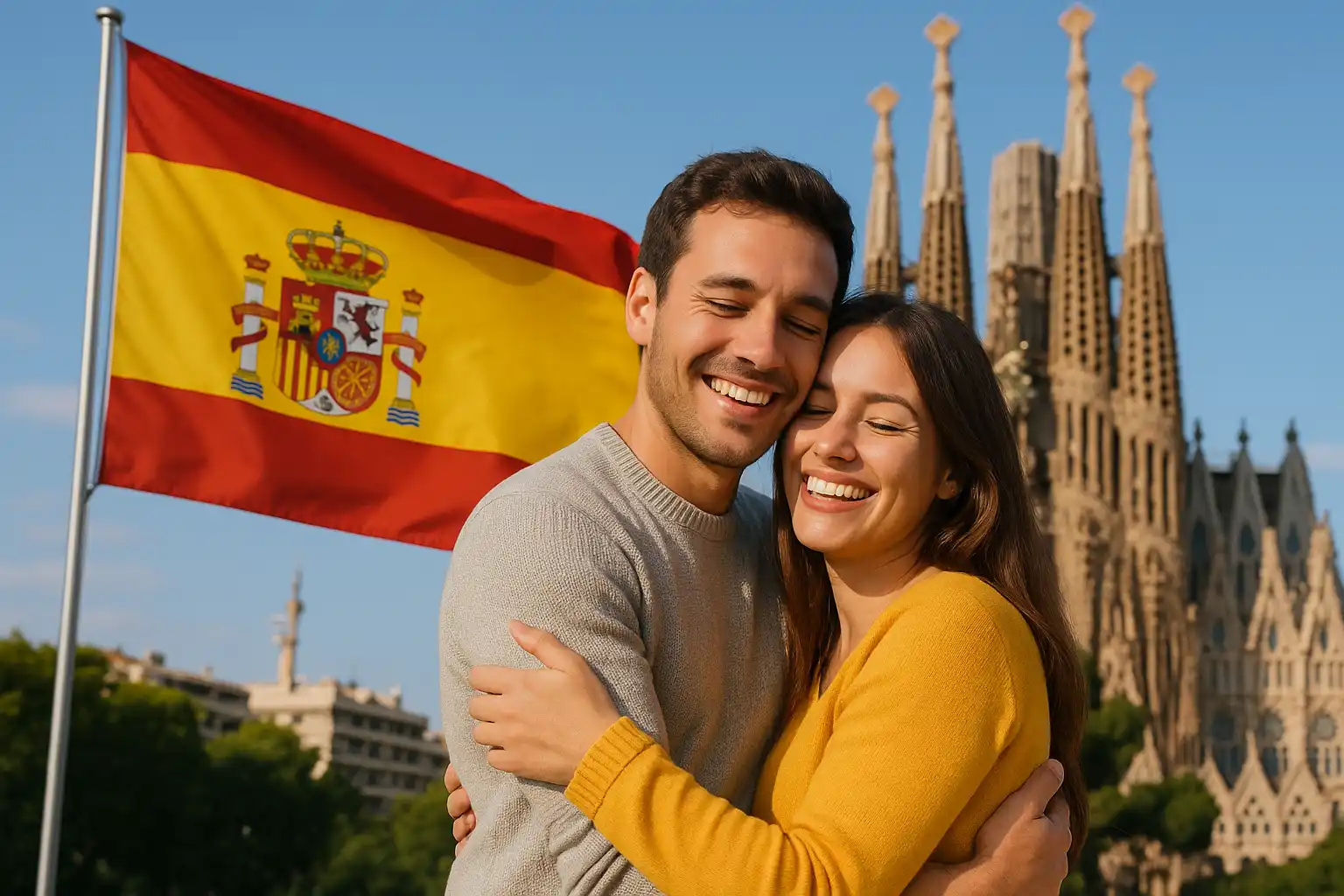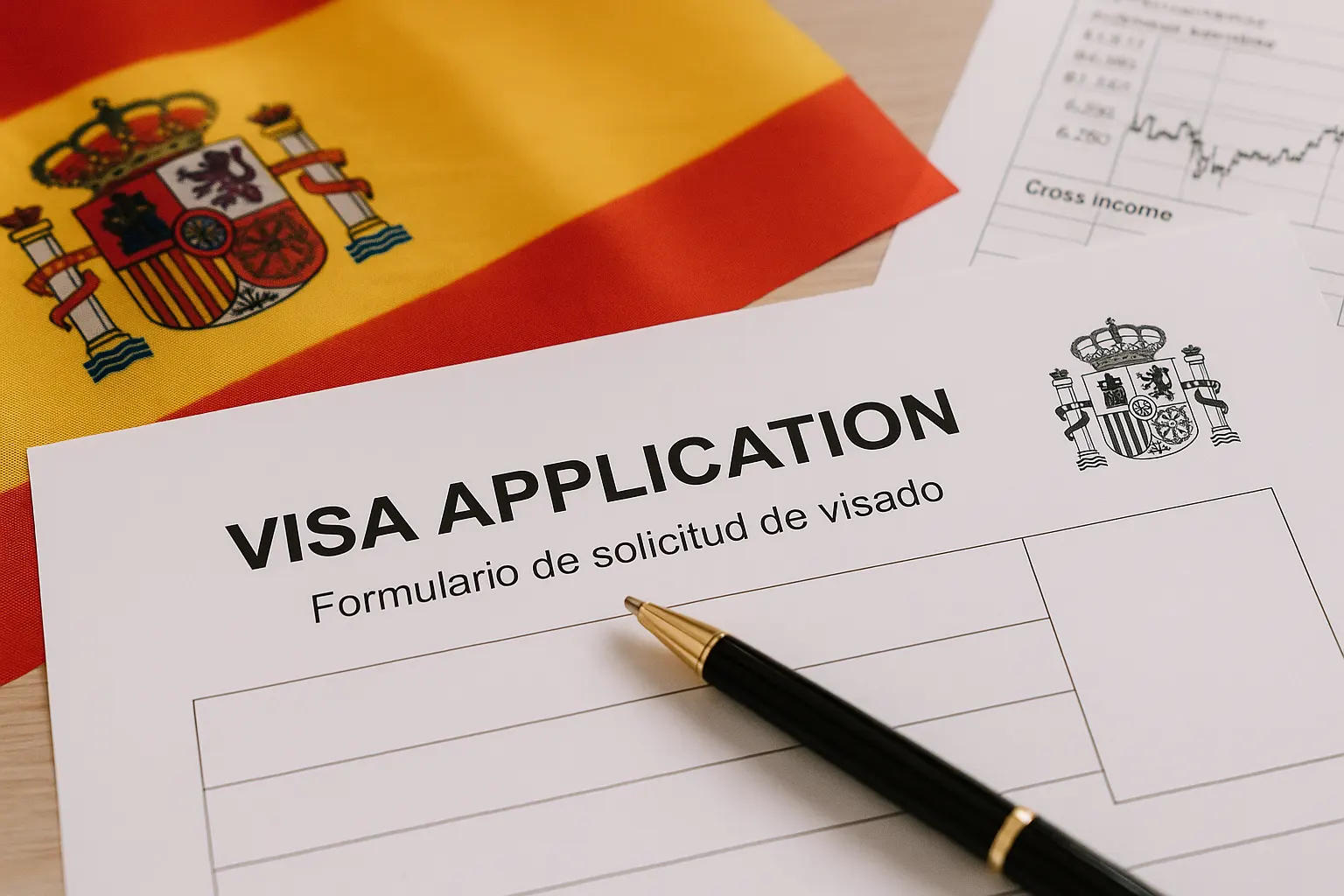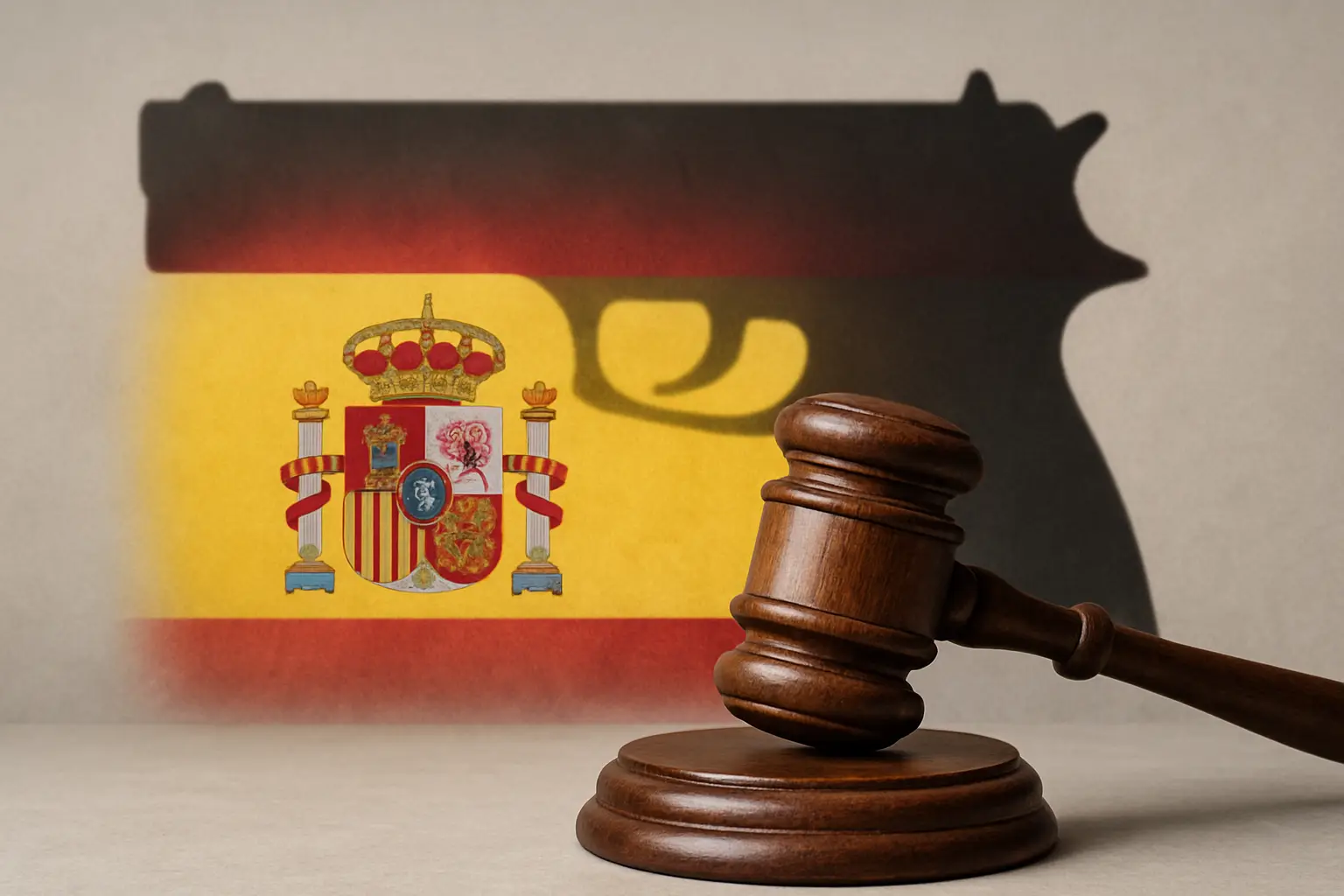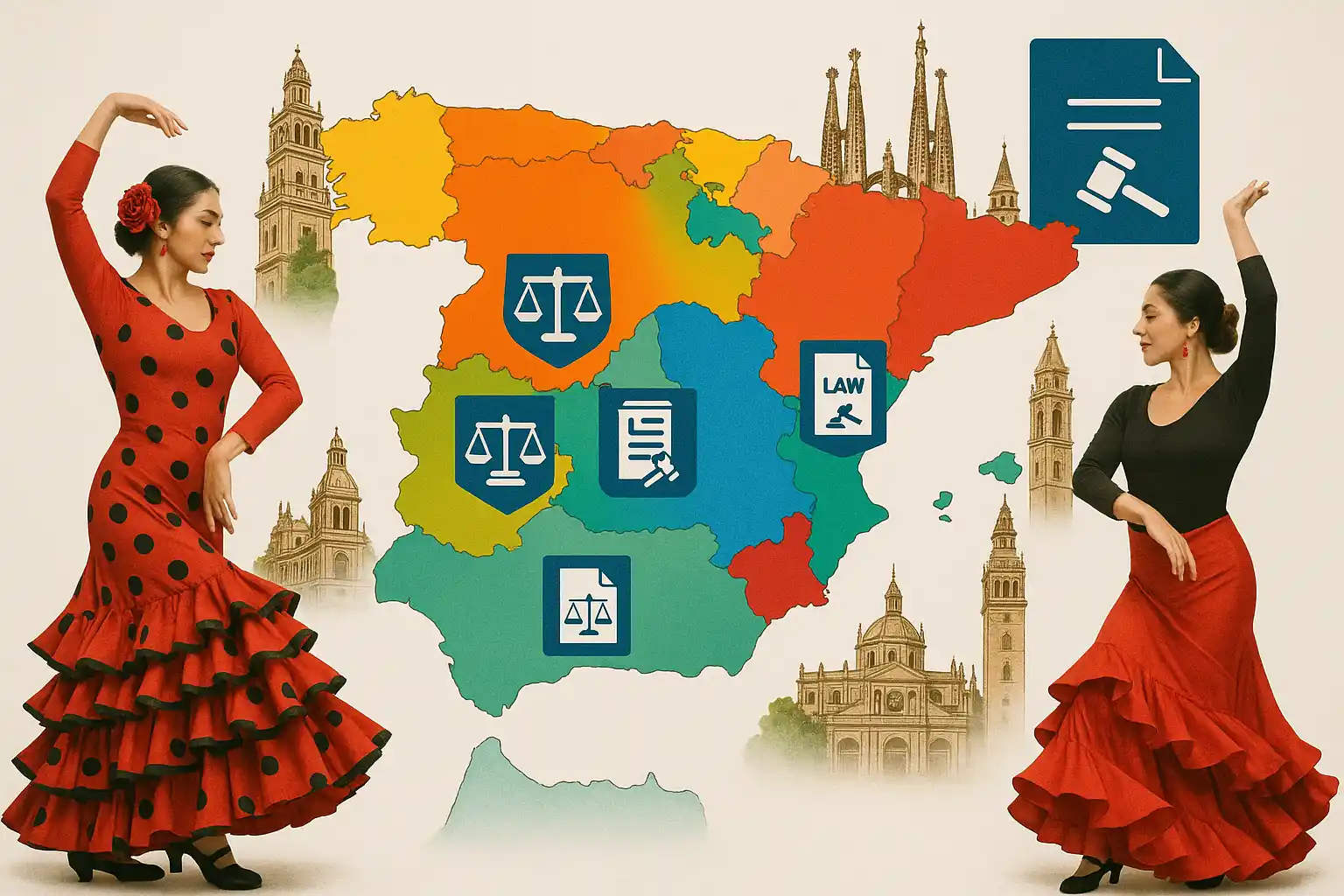Barcelona stands out within Spain as a city defined by its unique linguistic landscape. Understanding what language do they speak in Barcelona requires recognizing the coexistence of two primary languages: the Catalan language and the Spanish language. This bilingual environment reflects the broader reality of Spain as a multinational country, where regional identities and languages form an essential part of social and political life.
The significance of Catalan goes beyond communication; it symbolizes cultural identity and regional autonomy in Catalonia. Spanish, meanwhile, serves as the national lingua franca, connecting diverse communities across Spain. Grasping this duality is crucial to appreciating Barcelona’s rich heritage and complex social fabric shaped by centuries of history.
This article explores how these languages interact in daily life, their historical context within Spain’s history resume, and the ongoing efforts to preserve Catalan amidst a predominantly Spanish-speaking nation.
For those considering a move to Spain, understanding the unique linguistic landscape of cities like Barcelona can be beneficial. However, it’s essential to be aware of certain pitfalls when retiring to Spain, such as navigating bureaucracy or healthcare systems.
Moreover, potential expats should also consider living expenses in Spain which can vary significantly depending on the region. Lastly, for those interested in gun ownership laws in Spain, it’s important to note that they are quite strict and must be adhered to by both locals and expats.
The History of Catalan Language
The Franco dictatorship (1939–1975) had a profound impact on the Catalan language. Under Francisco Franco’s regime, Catalan was systematically suppressed as part of a broader effort to enforce Spanish nationalism and eliminate regional identities. Public use of Catalan was banned in schools, government institutions, and media. Speaking or publishing in Catalan could lead to fines or imprisonment, effectively pushing the language to the margins of society.
This period marked one of the darkest chapters for Catalan, often described as a deliberate attempt at cultural erasure. Those wondering what is Catalan should know it is not merely a dialect but an independent Romance language with its own grammar and vocabulary, spoken by millions (how many people speak Catalan is estimated around 7.3 million native speakers).
Following Franco’s death and Spain’s transition to democracy, Catalan experienced a significant revival. The 1979 Statute of Autonomy reinstated Catalan as an official language alongside Spanish in Catalonia. Schools began teaching primarily in Catalan, media outlets revived broadcasts in the language, and public signage switched to bilingual formats.
Questions like where do they speak Catalan and who speaks Catalan highlight its presence beyond Barcelona—in regions such as Andorra, Valencia, and parts of France—showing the language’s resilient survival despite decades of suppression.
For those considering a move to Spain, perhaps due to its rich culture and cool facts about Spain, understanding the local languages such as Catalan could be beneficial. If you’re a UK citizen navigating post-Brexit relocation, or trying to comprehend Spain’s 90-day rule, these resources provide valuable insights. Additionally, it’s worth noting that Spain is generally LGBT-friendly, making it a welcoming destination for all.
Cultural Significance of Catalan Language
Catalan is more than just a language; it represents the identity and autonomy of Catalans. It carries a rich historical and cultural heritage that defines the region’s uniqueness. The language plays a crucial role in preserving Catalonia’s traditions, values, and sense of belonging.
Connecting Generations Through Language
Catalan is used in various forms of expression such as literature, arts, and daily conversations. This usage helps bridge the gap between generations, allowing younger Catalans to connect with their ancestors and develop a deeper appreciation for their cultural heritage.
Resilience Against Suppression
The history of the Catalan language is one of resilience. Despite efforts to diminish its importance over the years, Catalan has survived and thrived. From medieval poetry to contemporary films, the language continues to inspire and instill pride in its speakers, transcending linguistic barriers and bringing communities together.
Upholding Cultural Heritage
Speaking Catalan goes beyond basic communication; it represents a profound dedication to preserving Catalonia’s cultural identity. For many locals, Catalan is not just a language but the natural vehicle of daily expression, deeply rooted in family, education, and community. While most Catalans are bilingual, Catalan remains their preferred language—not as an act of exclusion, but as a means of continuity. Castilian Spanish, though widely understood and used when necessary, is often perceived as an external language imposed historically, making Catalan all the more essential as a symbol of autonomy and resistance.
This attachment should not be mistaken for imposition. Rather, it reflects an earnest effort to safeguard a culture that has endured centuries of suppression. In today’s globalized world—where linguistic diversity is rapidly fading—choosing to speak Catalan is an act of cultural preservation and pride.
At the same time, Catalans generally expect newcomers, including expats and digital nomads, to approach their culture with curiosity and respect. While fluency in Catalan is not expected, showing interest in the language and customs is seen as a gesture of integration and goodwill. Just as visitors enjoy the region’s landscapes, food, and lifestyle, embracing the local identity enriches the experience and builds stronger ties with the community.
Where is Catalan Spoken?
Catalan is not limited to Catalonia; it also has a presence in several other regions. Apart from Catalonia, you can find Catalan being spoken in places such as Andorra, the Balearic Islands, and certain parts of Valencia.
Andorra
In Andorra, Catalan is considered the official language, highlighting its deep cultural significance.
Balearic Islands
The Balearic Islands also have a strong presence of Catalan in everyday life and official matters.
Valencia
In Valencia, a dialect known as Valencian, which is closely related to Catalan, is spoken alongside Spanish. This widespread use of Catalan demonstrates its resilience and importance in various regions.
Language Dynamics in Barcelona
Bilingual Nature of Barcelona
In Barcelona, a city within the Catalonia region, a unique linguistic landscape is shaped by the coexistence of both Catalan and Spanish. The bilingual nature of the city is evident in daily interactions, where residents seamlessly switch between languages based on context, preference, or interlocutors.
Multilingual Environment
Beyond Catalan and Spanish, Barcelona boasts a diverse array of languages spoken due to its cosmopolitan nature. With a thriving international community and a significant influx of tourists, languages like English, French, Italian, and German can be commonly heard in various settings across the city.
Importance of Language Education
Language education plays a pivotal role in promoting linguistic diversity in Barcelona. Schools in Catalonia emphasize bilingualism, with Catalan as the primary language of instruction. This focus not only preserves the local language but also fosters a sense of cultural identity and appreciation for linguistic heritage among younger generations.
Challenges Faced by the Catalan Language Today
- Difficulty in Preservation: The Catalan language faces challenges in its preservation due to rising far-right ideologies that pose threats with borderline fascist policies.
- Society’s Role: Active preservation efforts are crucial in combating these threats. Education and cultural initiatives play a significant role in safeguarding the Catalan language against such adversities.
The Impact of a Cosmopolitan Society on Linguistic Diversity in Barcelona
Barcelona’s status as a vibrant, cosmopolitan city influences its linguistic landscape in complex ways. Political movements continue to champion the survival and promotion of Catalan, emphasizing its role as a cornerstone of regional identity amid globalization pressures. These movements actively work to embed Catalan in public life, education, and media to counterbalance the dominance of Spanish and international languages.
The city’s diverse population includes residents from various cultural backgrounds, many of whom may be unfamiliar with or indifferent toward the nuances of Catalan vs Spanish culture. This multicultural environment introduces new languages and shifts language use patterns, sometimes diluting the everyday presence of Catalan.
Key factors shaping linguistic diversity in Barcelona:
- Generational differences: Younger generations often navigate multiple languages, balancing Catalan, Spanish, English, and others.
- Social integration: Newcomers to Barcelona might prioritize global languages for economic or social reasons.
- Cultural exposure: Engagement with Catalan culture varies widely among residents, affecting language transmission.
Questions like “What language do they speak in Barcelona?” reveal more than simple bilingualism—they expose ongoing tensions and adaptations within a society constantly redefining its linguistic identity.
Generational Shifts in Attitudes Towards Cultural Heritage Preservation
Younger generations in Barcelona have a different approach towards cultural heritage preservation compared to their predecessors. This shift can be characterized by:
- A more relaxed stance on actively defending the Catalan language and culture. Many young people prioritize global connectivity and multicultural experiences over regional identity battles.
- Increased exposure to diverse languages and cultures through education, media, and digital platforms, which sometimes dilutes the urgency to preserve Catalan as a unique marker of identity.
- Pragmatic attitudes towards bilingualism, often favoring Spanish or English for broader communication opportunities rather than emphasizing Catalan exclusively.
This evolving mindset poses challenges for the future survival of Catalan. Without strong grassroots support from younger generations, efforts to maintain Catalan’s prominence risk losing momentum. The delicate balance between embracing a cosmopolitan lifestyle and sustaining a distinct cultural heritage requires continuous engagement and innovative strategies targeting youth participation in language preservation initiatives.
Interestingly, this trend towards global connectivity is not limited to language but extends to lifestyle choices as well. For example, many young people are embracing the digital nomad lifestyle, which allows them to travel while working remotely. This lifestyle offers unique opportunities for personal growth and cultural exchange. However, it also brings forth the challenge of maintaining one’s cultural identity amidst a sea of global influences.
Conclusion
Preserving languages like Catalan is crucial for maintaining cultural identity. It connects communities, fosters understanding, and enriches our global heritage.
We should embrace multilingualism and support initiatives that promote minority languages. This effort is not limited to Barcelona; it extends to every corner of the world where diverse cultures exist.
By valuing and protecting these languages, we contribute to a more inclusive and vibrant society. Let us stand together in celebrating linguistic diversity for generations to come.


